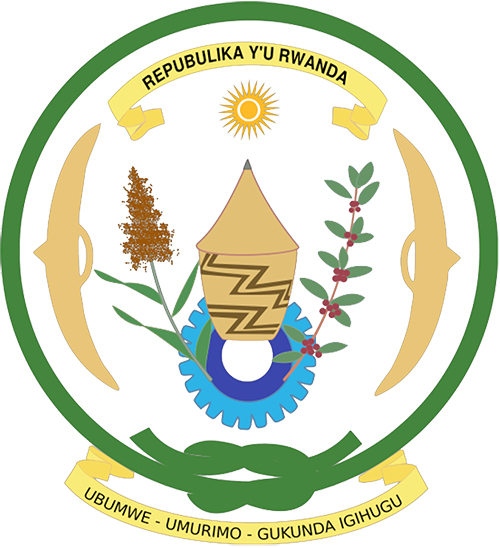FP217
Building Resilience of Vulnerable Communities to Climate Variability in Rwanda’s Congo Nile Divide through Forest and Landscape Restoration
Building Resilience of Vulnerable Communities to Climate Variability in Rwanda’s Congo Nile Divide through Forest and Landscape Restoration
The Congo-Nile Divide in Rwanda is a biologically rich region with high elevations and natural forests that are crucial to both local wildlife and communities. This area plays a vital role in the broader region’s biodiversity, ecosystem health and water regulation. The Congo-Nile Divide also contributes to key sectors in Rwanda’s economy through eco-tourism and agriculture. However, higher population density, intensive farming, and deforestation now threaten the natural balance of the biosphere. This is leading to less fertile soil and rise of landslide occurrences.
The Congo Nile Divide project’s overarching goal is to improve the climate resilience of vulnerable communities. This will be achieved by expanding and preserving natural forests while strengthening the authorities’ and local people’s capacity for sustainable and climate responsive forest and landscape management. The project will develop more sustainable management of a total of 250,000 hectares of land in the area. Additionally, it will promote sustainable agroforestry techniques in 2,000 hectares of plantations, reducing local demand for fuelwood and thereby alleviating deforestation pressures. The project will also be instrumental in safeguarding one of Africa’s most biodiverse ecosystems, the Albertine Rift, home to half of Africa’s bird species and 40 per cent of its mammals.
Grants from the GCF Project Preparation Facility (PPF) supported the Accredited Entity in the development of this project's funding proposal.
Project timeline
Pipeline
11 Dec 2018 • 1780 days
Concept note received
11 Dec 2018
Funding proposal received
25 Feb 2022
Cleared by GCF Secretariat
07 Aug 2023
Legal opinion on AE's Internal Approval
27 Sep 2023
Cleared by iTAP
24 Oct 2023
Approved
25 Oct 2023 • 119 days
Approved by GCF Board
25 Oct 2023
FAA executed
25 Oct 2023
Under implementation
20 Feb 2024 • 745 days so far
FAA effective
20 Feb 2024
Disbursement - USD 7,439,318
11 Mar 2024
To be completed
20 Feb 2029 • 1,084 days to go
-
Financing
- Private sector
- Public sector
-
Size
- Micro
- Small
- Medium
- Large
GCF financing19% disbursed
| Instrument | Amount |
|---|---|
| Grant | USD 39,056,421 |
| Total GCF Financing |
|---|
| USD 39,056,421 |
Co-financing
| Co-financer | Instrument | Amount |
|---|---|---|
| Co-Financing | Grant | USD 10,831,307 |
| Co-Financing | In-kind | USD 112,272 |
| Total Co-Financing |
|---|
| USD 10,943,579 |
GCF Contacts
Press enquiries & interview requests
GCF CommunicationsSend e-mail
Request for information
GCF Information DisclosureRequest information about this project
Project complaints and grievances
GCF Independent Redress Mechanism (IRM)Phone +82 32 458 6186 (KST)
File a complaint
Integrity issues
GCF Independent Integrity Unity (IIU)Phone +82 32 458 6714 (KST)
Send e-mail
Entity

Ministry of Environment (formerly Ministry of Natural Resources of Rwanda)
Permanent Secretary
Nyarugenge Pension Plaza, KN 3rd Road, Kigali, Rwanda
More contacts
National Designated Authority
Rwanda Environment Management Authority
Acting Climate Finance Specialist, REMA
Rwanda Environment Management Authority (REMA) RDB New Building, KG 9 Ave, Kigali P.O. Box 7436, Kigali, Rwanda